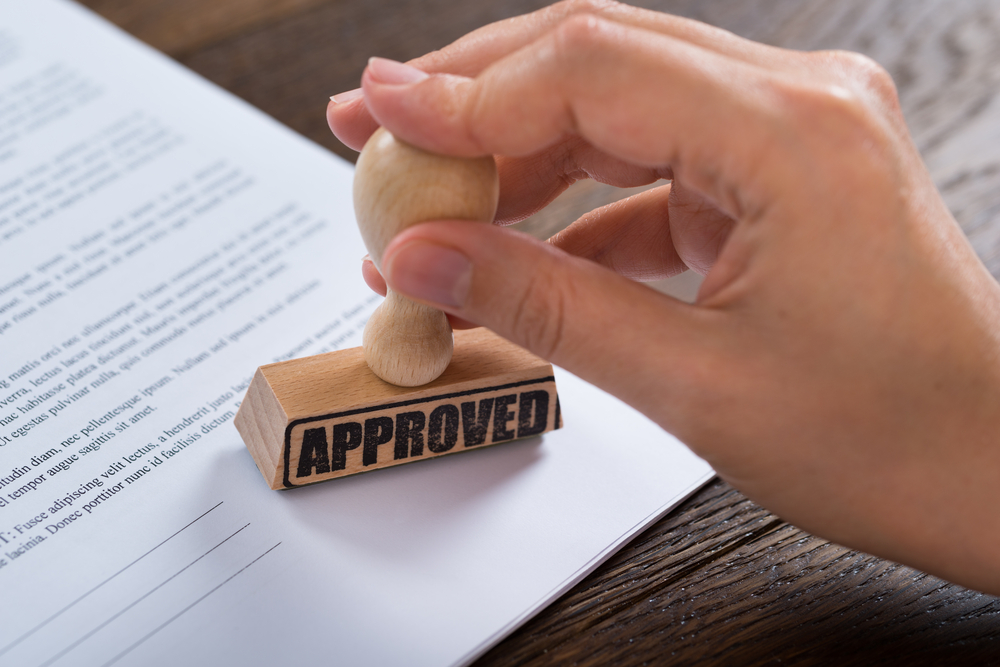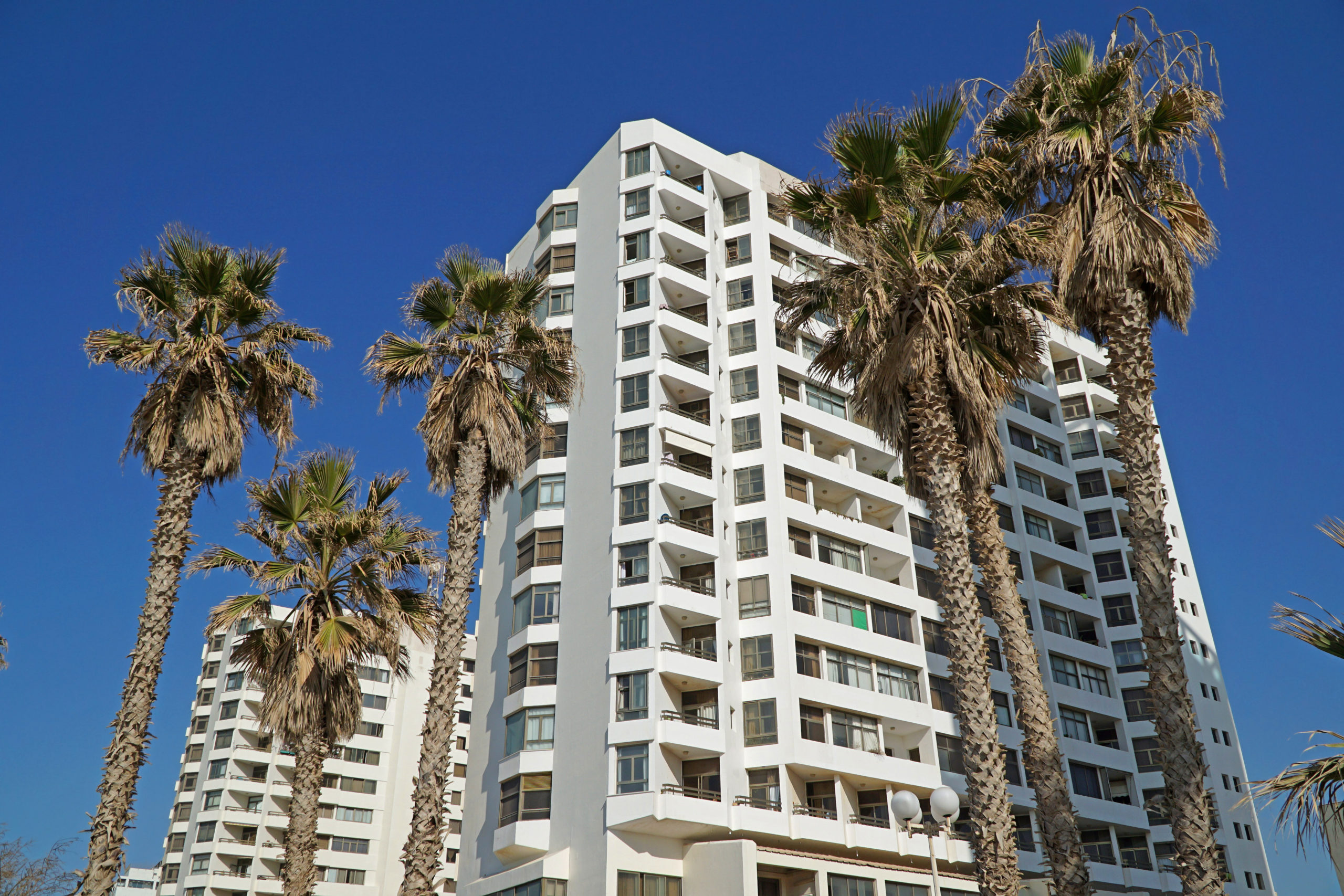
State and Local Opportunities to Extend Certain Permits in Florida Due to COVID-19 May Be Available
As discussed in our earlier post dated March 20, 2020, Section 252.363(1)(a), Florida Statutes, provides that certain qualifying permits and authorizations are eligible for an extension once certain states of emergency are declared for the length of time the declaration is in effect plus an additional six months. A written request for such an extension must be submitted to the authorizing governmental agency within ninety days after the state of emergency has expired per § 252.363(1)(b), Florida Statutes. Four types of permits and authorizations qualify for an extension under these circumstances:
- a development order issued by a local government, which includes a wide variety of local government approvals that permit development activities;
- a building permit;
- a permit issued by the Department of Environmental Protection or a water management district pursuant to Part IV of chapter 373; and
- a Development of Regional Impact’s (DRI’s) build-out date.
Governmental agencies have no affirmative obligation to take action on extending the foregoing permits and authorizations pursuant to § 252.363(1)(a), Florida Statutes. Rather, the extension occurs as a matter of law in response to a written notification of intent to exercise the tolling and extension granted by the statute. Florida Op.Atty.Gen., 2012-13, April 25, 2012.
Since the Statute’s initial adoption in 2011, and until the 2019 amendment under Florida House Bill 7103, its tolling and extension provisions were applicable to certain permits or development orders for various states of emergency, ranging from natural disasters, the Zika virus (Executive Order No. 17-260), the opioid crisis (Executive Order No. 19-36), and algae blooms (Executive Order No. 18-311). Under the revised statute, extensions of time are only available where the state of emergency is issued for a “natural emergency.” Although the statute itself does not define what constitutes a “natural emergency,” the staff analysis prepared in connection with the bill defines a “natural emergency” as an emergency that “…is caused by natural events, including, without limitation, hurricane, storm, flood, severe wave action, drought, or earthquake.”
On March 9, 2020, Florida Governor Ron DeSantis issued Executive Order No. 20-52, declaring a sixty day state of emergency for the entire state of Florida in response to confirmed COVID-19 (Novel Coronavirus Disease 2019) cases in Florida. Numerous units of local government across Florida have enacted similar proclamations and have enacted a variety of different measures intended to impede transmission of the virus. Under the statute prior to the 2019 amendment, the executive order would have definitively offered an opportunity to extend certain permits and authorizations for a total of six months and sixty days following submittal of a written request to the authorizing government agency by August 6, 2020, unless the state of emergency were to be extended further by the Governor. While there has been some debate as to whether the current COVID-19 pandemic would fall under the definition of a “natural emergency,” the Florida Division of Business and Professional Regulation, in an update of its Frequently Asked Questions regarding Building Permits from March 20, 2020, has taken the position that the COVID-19 pandemic qualifies as a “natural emergency” and provides an extension opportunity under statute.
This debate notwithstanding, the Florida Legislature has previously adopted legislation providing the ability to obtain extensions of development orders and building permits in response to negative real estate market conditions. Similar relief could possibly be adopted by the Florida Legislature in response to COVID-19’s impacts on the statewide real estate market. Building Officials also have the authority to grant or otherwise extend permits, and some Florida jurisdictions have already done so. For example, the City of Miami Beach is now providing a one-month extension of permits or violations otherwise set to expire between March 16, and April 16, 2020.
If you hold permits or other authorizations in Florida and would like assistance in reviewing and evaluating possible opportunities for extension to preserve your development rights in light of COVID-19, please do not hesitate to contact Kathleen O. Berkey, Esq., AICP.
Visit www.BeckerCovid19.com for more information on this topic and to view other relevant resources and insights.




No Comments